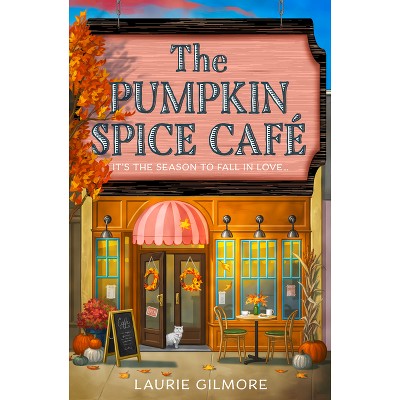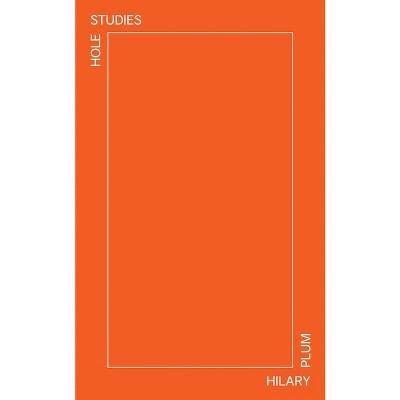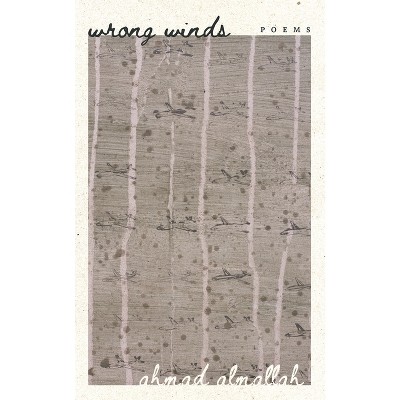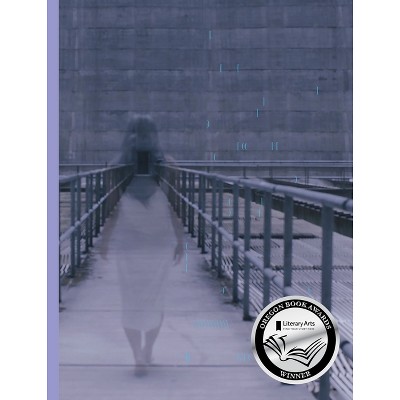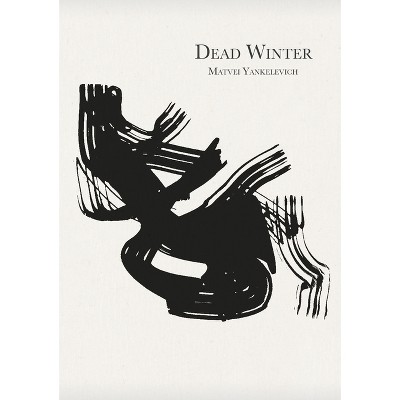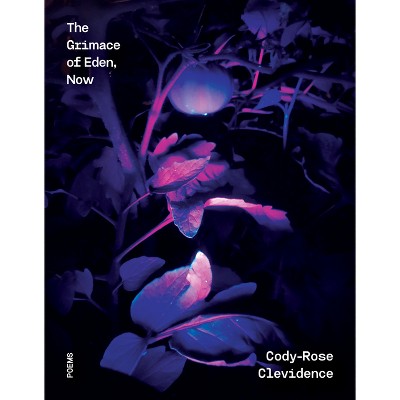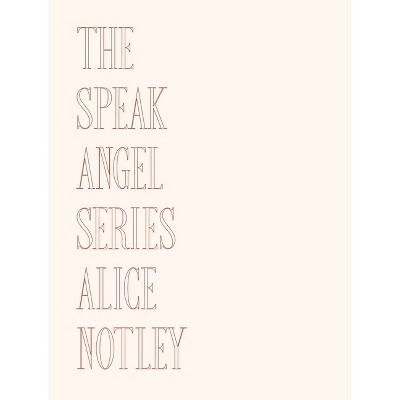$99.00 when purchased online
Target Online store #3991
About this item
Highlights
- Winner, 2025 Firecracker Awards Winner in Creative Nonfiction, given by the Community of Literary Magazines and Presses Raised in a rural Oregon town plagued by poverty, the artist and writer Jaydra Johnson excelled in school and chased upward mobility, desperate to escape the adversity that she saw as her inheritance--and the certainty that she grew up as trash.
- Author(s): Jaydra Johnson
- 168 Pages
- Literary Collections, Essays
Description
Book Synopsis
Winner, 2025 Firecracker Awards Winner in Creative Nonfiction, given by the Community of Literary Magazines and Presses
Raised in a rural Oregon town plagued by poverty, the artist and writer Jaydra Johnson excelled in school and chased upward mobility, desperate to escape the adversity that she saw as her inheritance--and the certainty that she grew up as trash. Johnson's powerful memoir, Low--selected by acclaimed writer Maggie Nelson as the winner of Fonograf Editions' inaugural essay contest--tells the redemptive story of an artist who came to embrace her lineage. In the tradition of other outcast artists who have spun refuse into art, the essays in Low reclaim trash as a precious resource and a medium for storytelling.In this bracing debut, Johnson describes her life and art, including the cut paper collages that punctuate these essays, in vivid detail while offering smart and visceral reflections on a wide range of literary and visual artists who have inspired her, from Shakespeare to contemporary conceptual artist Mierle Laderman Ukeles. As Maggie Nelson writes, "Low's provocations and attestations stayed with me long after I turned its final page. I found myself rooting hard for its narrator--while also realizing that there is no need, as she has clearly found her way, and is now our teacher."
An indispensable meditation on poverty and art, and a compelling corrective to conventional memoirs about overcoming disadvantage, Low announces the arrival of an important new voice in creative nonfiction.
Review Quotes
"
Jaydra Johnson's Low: Notes on Art and Trash is part instruction manual, part genealogy, part art criticism, and part memoir - all of it pulsing with urgency and necessity. It's written in wry, straight-ahead prose that hits no false notes, and feels honest and earned at every juncture.
Johnson has a real gift for metabolizing and conveying the importance of everything from Othello to performance art to the political activist Emma Goldman. She moves fluently between such analyses and her own vivid, expertly-rendered memories of growing up 'trash.' She structures her prose artfully (using a 'sonnet crown' motif here, different forms of address there), but always with a light touch, such that her experiments feel vital, buoyant, and without pretension. I especially admire how she leaps over stale binaries about elitism vs. outsider status in art, and claims a place for her artistry (and that of others) fiercely and tenderly on every page. Despite traveling under the humble (if noble) tradition of 'notes, ' Low's provocations and attestations stayed with me long after I turned its final page. I found myself rooting hard for its narrator - while also realizing that there is no need, as she has clearly found her way, and is now our teacher. The sensibility and achievement of this book deserves widespread circulation and contemplation; I hope being chosen as the winner of this contest will provide such an opportunity."-- "Maggie Nelson, author of Bluets""In a series of absorbing personal-meets-political essays laced with punk ethos and open-hearted prose, Jaydra Johnson sharpens a personal, historical and literary lens on the term 'white trash.' With levity, reverence, and intelligence, Jaydra insists that people perceived as occupying the bottom rung of society--starting with her own family--are rebellious, scrappy, inventive, and full of life, holding stories and skills worthy of our attention. Through this book I am further convinced by the interconnectedness of the class struggle across race and gender, and hold a more tender adoration for my own hometown's trailer parks and gas station attendants and tanning salon patrons. Jaydra's landscape--both writing and the collages that punctuate the text--reminds us that trash is indeed treasure, and perhaps one of our most creative mediums in an era bent on excess."-- "Caits Meissner, Editor of The Sentences that Create Us"
"Instead of disinheriting her trash status, Johnson set out to rethink what it could be. 'My agenda was to trouble the idea of trash, ' she said... At the heart of Low is the idea that, society's ruthless hierarchy withstanding, the most effective art has a way of exposing oppression hidden in plain sight."-- "Portland Monthly"
"Nuanced cultural criticism . . . Low is a critical intervention in our concept of class. Throughout the book, Johnson establishes a parallelism between the American education system and the prison industrial complex. . . [Low] strikes me as a compendium of creativity cultivated in the margins, with a particular focus on artists who have re-envisioned waste as potential. . . on par with the works of Maggie Nelson and Eula Biss."-- "Full Stop"
Dimensions (Overall): 8.0 Inches (H) x 5.0 Inches (W) x .44 Inches (D)
Weight: .58 Pounds
Suggested Age: 22 Years and Up
Number of Pages: 168
Genre: Literary Collections
Sub-Genre: Essays
Publisher: Fonograf Editions
Format: Hardcover
Author: Jaydra Johnson
Language: English
Street Date: November 5, 2024
TCIN: 92875684
UPC: 9781964499291
Item Number (DPCI): 247-02-4572
Origin: Made in the USA or Imported
If the item details aren’t accurate or complete, we want to know about it.
Shipping details
Estimated ship dimensions: 0.44 inches length x 5 inches width x 8 inches height
Estimated ship weight: 0.58 pounds
We regret that this item cannot be shipped to PO Boxes.
This item cannot be shipped to the following locations: American Samoa (see also separate entry under AS), Guam (see also separate entry under GU), Northern Mariana Islands, Puerto Rico (see also separate entry under PR), United States Minor Outlying Islands, Virgin Islands, U.S., APO/FPO
Return details
This item can be returned to any Target store or Target.com.
This item must be returned within 90 days of the date it was purchased in store, shipped, delivered by a Shipt shopper, or made ready for pickup.
See the return policy for complete information.
Trending Literary Fiction

$22.80
was $26.60 New lower price
5 out of 5 stars with 4 ratings

